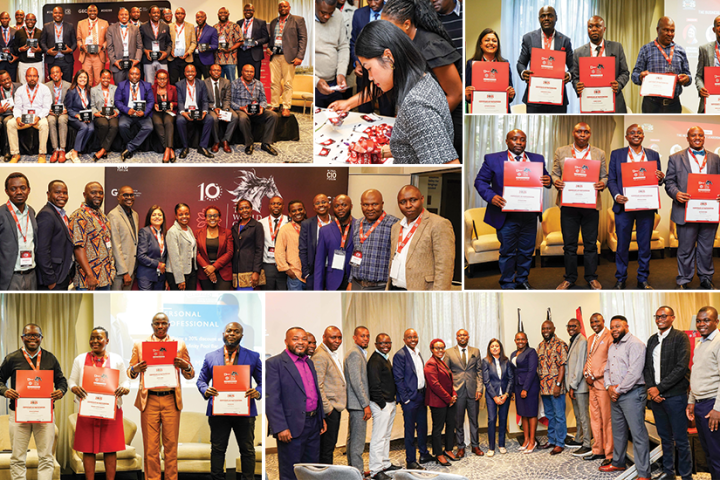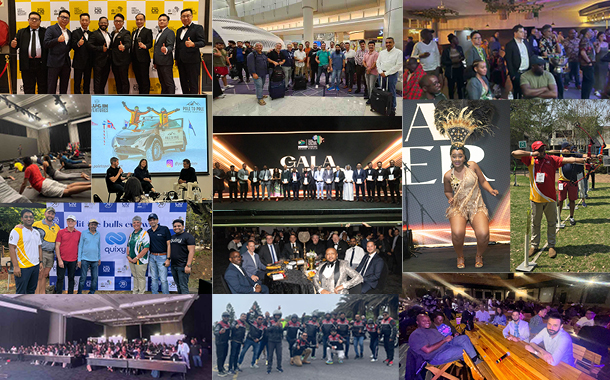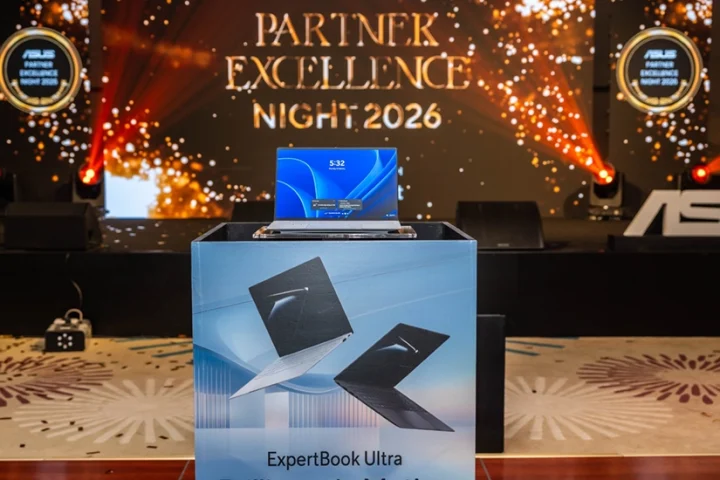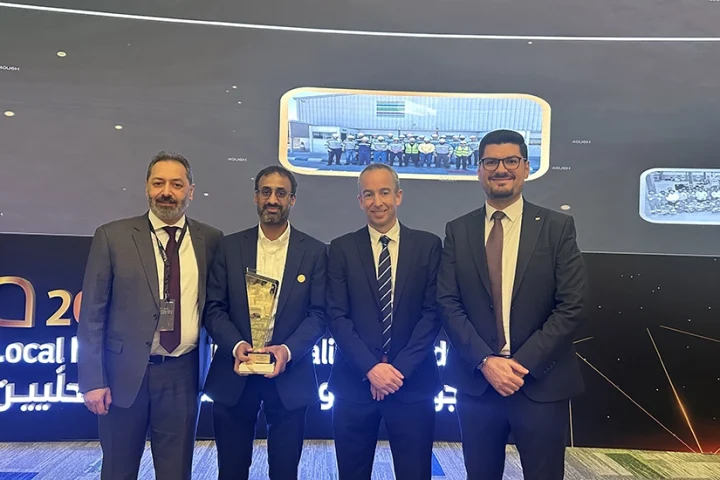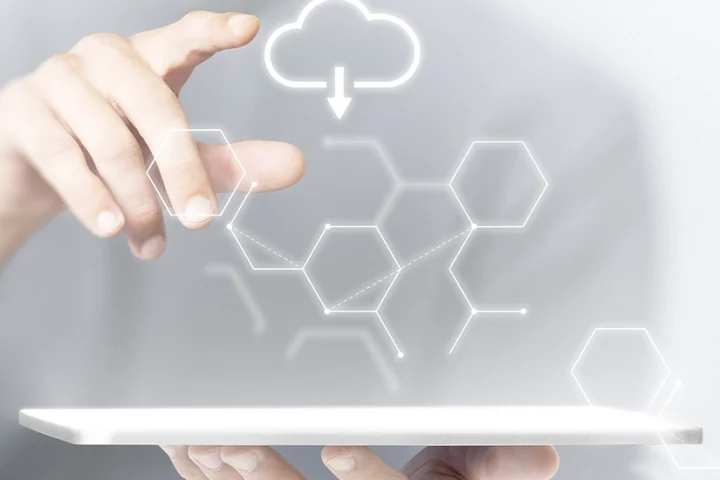Day 1 of The Future IT Summit 2020 generated a collection of quotable quotes and key insights from industry insiders, as they discussed the impact of the Covid-19 pandemic on the way businesses do business, while also offering their advice on the path forward.
Here are some of the key takeaways from the first day of FITS 2020.

Lt Colonel, Dr Hamad Khalifa Al Nueimi, Head of Telecom Division, Abu Dhabi Police GHQ
The government IT services were well prepared to go online. It has been a challenge to adopt the new style of work and we must change challenges to opportunities. And the first line of defence is working hard to protect all communities.

Venkatesh Mahadevan, CIO, Dubai Investments
In the past there has been a lot of jargons floating around like innovation. Today is going to give you more Dollars. And you have to make do with existing tools.
CIOs have to readapt as innovators. They have to do a cold reboot. Get ready to revisit, reboot, rescue, rekindle, redefine, their priorities and objectives. Technology will also become more personal.
In the past there was never a normal, and now it is a tsunami. There was never a normal and the new normal is a new beginning, new restart, reignite, revise, reschedule, there is nothing like having a cold reboot.
Work life balance is about how you balance your life and work. Today’s leaders need to be more emphatic. Cooking and the kitchen is now part of your work. People will get used to it, we live in a normal world. Productivity will improve and you will become more busier.

Sukriti Kakkar, Product Manager, Display Solutions, Sharp Middle East
70% employees will soon be working remotely and need to be working collaboratively. The world’s first Microsoft certified, next generation collaborative product, includes a camera, touch screen, IoT sensors, 4K image quality. There is a made in Japan panel and only a single connection to the monitor.
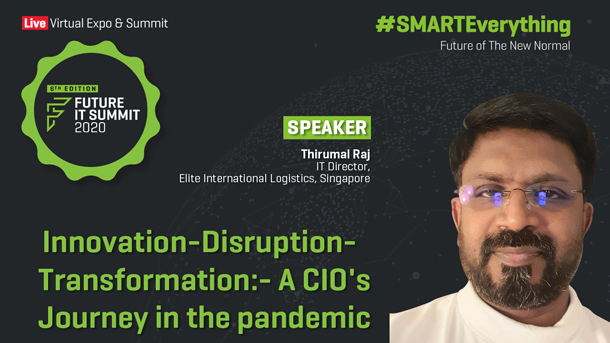
Thirumal Raj, Director IT, Elite Logistics, Singapore
How to handle remote teams is important. Since you cannot be everywhere, you must have a business understanding with your remote teams. Bring the IT leadership and business leadership together. It is easy to handle remote teams but measure their productivity. Do not change the business.
Bring in automation extensively. Lots of automation and lot of collaboration. Technology will play a major role. Agile methodology of last year has changed this year. Success is because of digital transformation, and collaboration. Even existing budgets will keep shrinking. Style of buying will change. Use this as an opportunity to plan your future.
Think different, rethink again, use this as an opportunity.

Tarek Kuzbari, Regional Director, Cybereason
There are two types of chaos. There is one that you can forecast but cannot influence. The other you can forecast and also influence. IT security and cyber security fall into the second one. Threat actors will create noise to hide themselves.
IT security and cyber security are both different from each other. Ensure proactive preparations to reduce risk scoring. As processes become more efficient we can expect autonomous SOC by 2025.
It is important for analysts to do their job and not just to keep learning. The focus is on the task and not the tools. Become more efficient and automate more. Focus on analysing more incidents in the same time period.

Jayakumar Mohanachandran, Group CIO, Easa Saleh Al Gurg Group
Business continuity is in the DNA of every IT professional since IT keeps systems going. Look at automation, hyper automation, IoT. Focus not on efficiency but resilience. Business is an infinite game. The trick to succeeding in business is knowing you can never win.
Build a data driven organisation, from top to down and down to top. Consider holistic transformation. Pivot on the current opportunity and convert challenge into opportunity. The whole world is going for a reset

Janardan Dalmia, CEO, Trukkin
Businesses started to computerise as early as 30 years ago and digitisation is because of large scale technology adoption. There is a movement to knowledge based services, while adopting technology requires a new mindset.
Logistics is essential for a company’s goals and competitiveness. The logistics industry is going through transformation impacting transparency and efficiency. These are complementary to support business. Both lead to better productivity
Technology has led to fewer errors across the supply chain, and less human involvement. There is now reduced delivery times, total cost reduction, and better competitive advantage. Role of digital technology is changing from driving marginal improvement to driving major innovation and disruption. Continuous digitalisation is driving us to the next level of digital customer engagement
Supply chain visibility is no longer optional it is mandatory in 2020 leading to real time visibility. Data is waiting to be collected and analysed across the supply chain.




